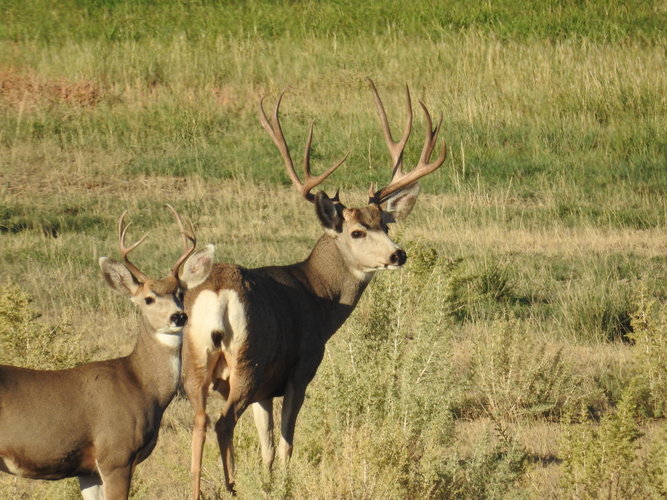2rocky
Well-known member
- Joined
- Jul 23, 2010
- Messages
- 4,975
This Term came up in another conversation I was a part of in an unrelated topic and it reminded me about hunting (doesn't everything?)
Posted by: Margaret Rouse
WhatIs.com
The paradox of choice is an observation that having many options to choose from, rather than making people happy and ensuring they get what they want, can cause them stress and problematize decision-making. Barry Schwartz wrote about the negative consequences of having too many options in his 2004 book, The Paradox of Choice: Why More is Less. Schwartz maintained that an overabundance of options can actually lead to anxiety, indecision, paralysis and dissatisfaction.
Intuitively, it would seem that having a large number of options should mean that people could ultimately make a choice that satisfied them. In practice, however, a large selection of items with a variety of benefits and drawbacks can make it very hard for people to choose among them. That difficulty can cause people anxiety that persists while they evaluate options and prolong the process beyond what is warranted for the situation. As a consequence, decision-making processes can become stalled (See: analysis paralysis). Furthermore, once their choices have been made, people may still cause themselves stress by worrying that they made the wrong decisions.
Schwartz discusses two styles of decision makers that were identified by psychologist Herbert A. Simon in the 1950s: maximizers and satisficers. A maximizer is someone who is driven to make the best possible choice, which may mean they have to evaluate options exhaustively and yet – paradoxically – may be less satisfied with their ultimate choice than someone who did less research. The latter term is a portmanteau created from the words satisfy and suffice. Satisficers are pragmatic individuals who are content to choose options that adequately meet their requirements – they don’t waste time overthinking their options or regretting choices that have already been made.
I think among hunters the Maximizers would be trophy hunters (big buck/bull or none) and Satisficers would be meat hunters. So often we have the conversation about what we want from a successful hunt. Seldom do we realize that you got two different mindsets. Same could be said for Caliber scope boot, clothing decisions etc.
Can you be a Maximizer in one aspect and a Satisficer in another?
Posted by: Margaret Rouse
WhatIs.com
The paradox of choice is an observation that having many options to choose from, rather than making people happy and ensuring they get what they want, can cause them stress and problematize decision-making. Barry Schwartz wrote about the negative consequences of having too many options in his 2004 book, The Paradox of Choice: Why More is Less. Schwartz maintained that an overabundance of options can actually lead to anxiety, indecision, paralysis and dissatisfaction.
Intuitively, it would seem that having a large number of options should mean that people could ultimately make a choice that satisfied them. In practice, however, a large selection of items with a variety of benefits and drawbacks can make it very hard for people to choose among them. That difficulty can cause people anxiety that persists while they evaluate options and prolong the process beyond what is warranted for the situation. As a consequence, decision-making processes can become stalled (See: analysis paralysis). Furthermore, once their choices have been made, people may still cause themselves stress by worrying that they made the wrong decisions.
Schwartz discusses two styles of decision makers that were identified by psychologist Herbert A. Simon in the 1950s: maximizers and satisficers. A maximizer is someone who is driven to make the best possible choice, which may mean they have to evaluate options exhaustively and yet – paradoxically – may be less satisfied with their ultimate choice than someone who did less research. The latter term is a portmanteau created from the words satisfy and suffice. Satisficers are pragmatic individuals who are content to choose options that adequately meet their requirements – they don’t waste time overthinking their options or regretting choices that have already been made.
I think among hunters the Maximizers would be trophy hunters (big buck/bull or none) and Satisficers would be meat hunters. So often we have the conversation about what we want from a successful hunt. Seldom do we realize that you got two different mindsets. Same could be said for Caliber scope boot, clothing decisions etc.
Can you be a Maximizer in one aspect and a Satisficer in another?





